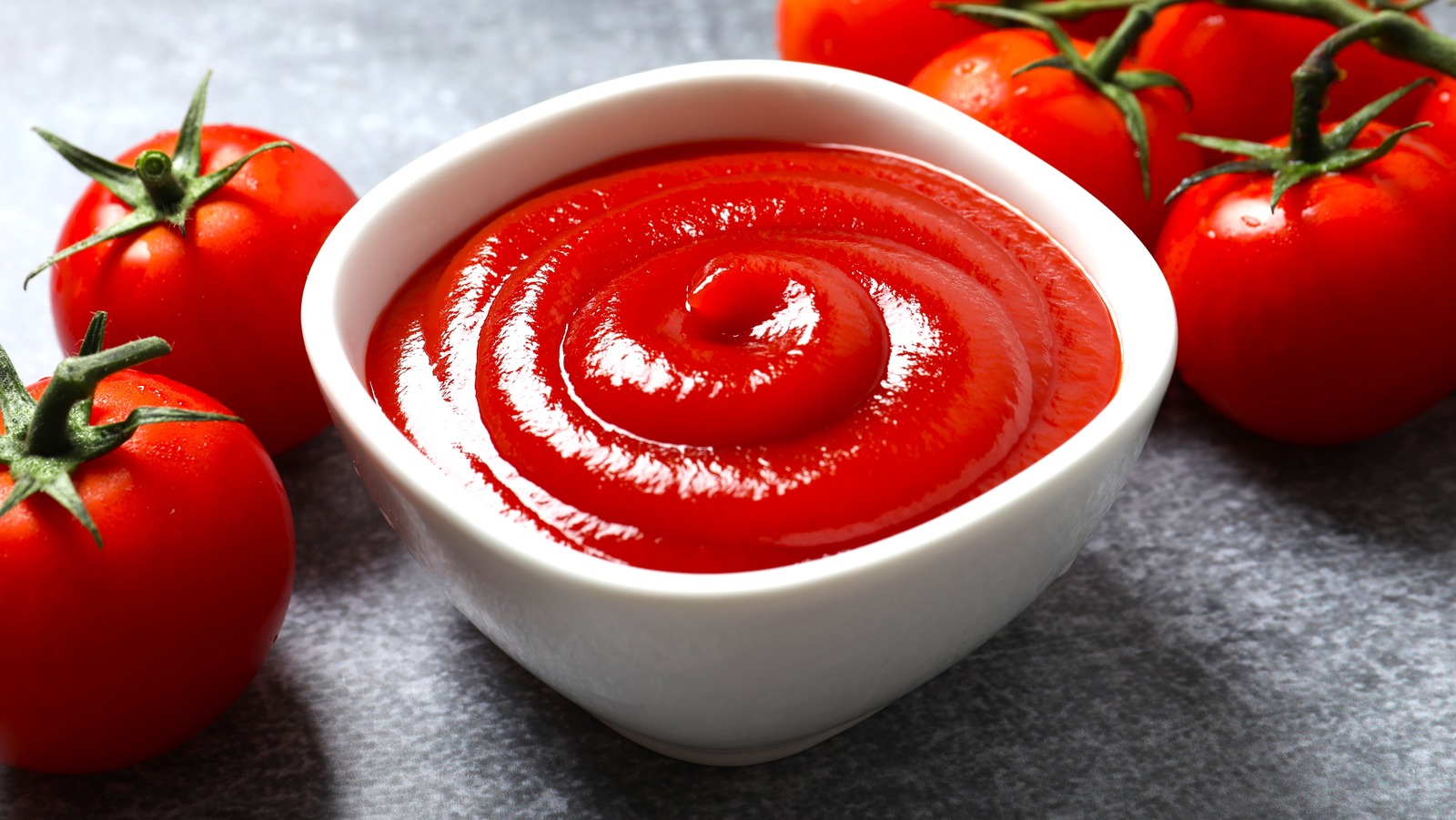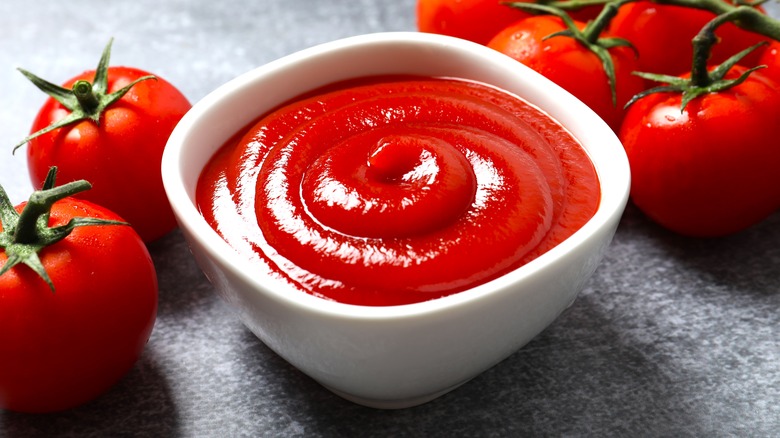It’s hard to eat a basket of fries without at least a little bit of ketchup, but ketchup’s evolution is worth so much more than just being labeled a potato sidekick. It’s a main ingredient in a number of other sauces, including barbecue sauce and cocktail sauce, and it adds plenty flavor to a classic meatloaf. While it’s usually spelled ketchup, you might see it on a few menus or grocery store bottles as “catsup” instead. Today, catsup and ketchup are one in the same, but the term catsup was actually born out of the Chinese word kê-tsiap, which is a type of fish sauce.
The fish sauce was fermented, which meant it could travel far without spoiling. During the late 1600s and early 1700s, the condiment made its way to Europe, where chefs labeled it “catsup” and tried to make their own versions of it. The earliest European variety was published in 1727 under the name “katchup,” but the original catsup spelling still stuck for many people. Today, it’s sometimes referred to “catsup” in the South and Midwest, though that spelling doesn’t make it any different from the more widely adopted “ketchup” condiment.
James Mease invented the ketchup we know today
It wasn’t a chef who created today’s modern ketchup, but rather, a Philadelphia-based scientist named James Mease. He was the first one to add tomatoes to the sauce, but it later become popularized as one of the store-bought ketchup brands you know today, when Heinz released its own version.
As for the “catsup” name, it’s hard to say exactly how the term made its way from Europe to the United States, but we might have Henry Heinz to thank for that. Back in 1876, he launched his version of the condiment under the name “catsup.” The brand quickly changed the name to ketchup, eventually selling it in both the U.S. and Europe, which likely popularized the latter term. It does appear that the catsup term was more common in certain regions of the country than others — and still is today — even though it’s not fully understood why. Even after moderations around the globe between both the word and the recipe, the original term “catsup” can still be found if you look hard enough.





